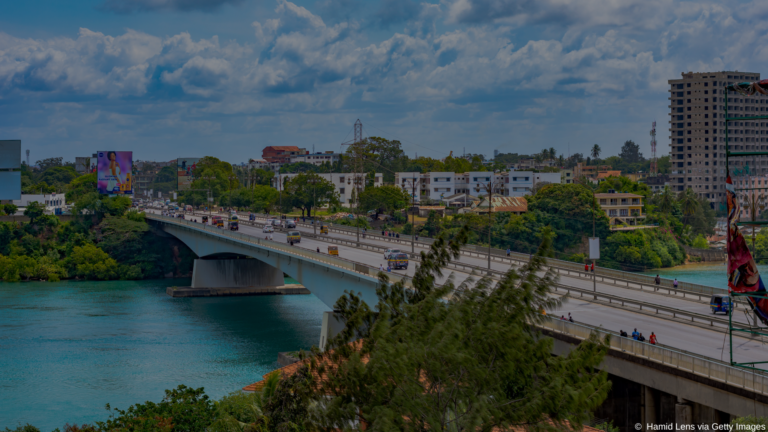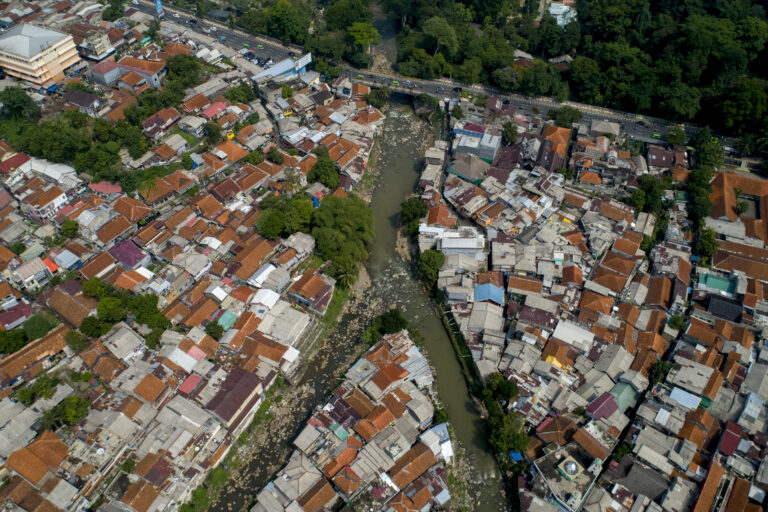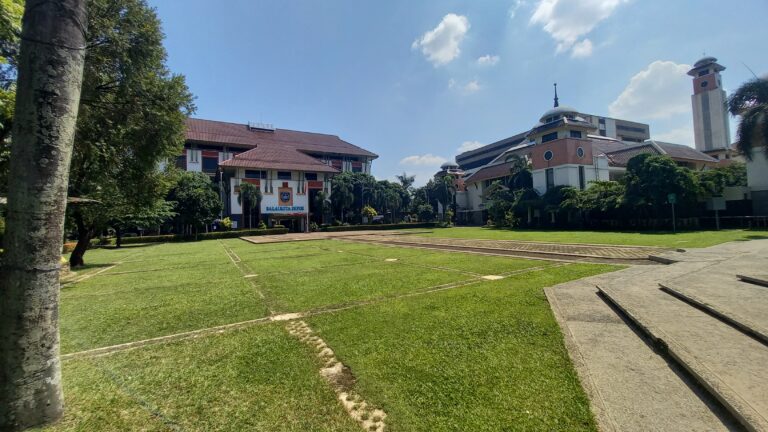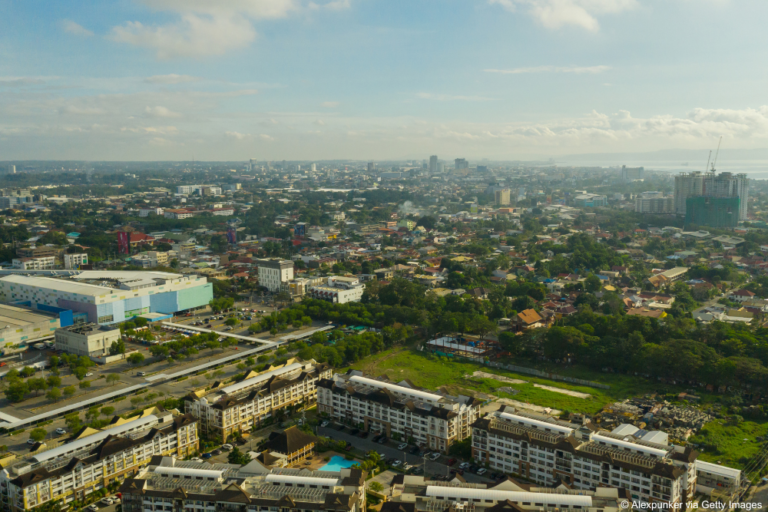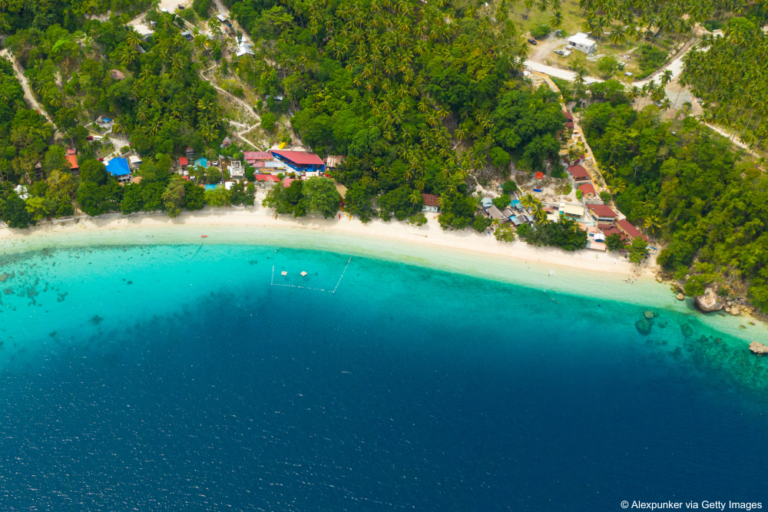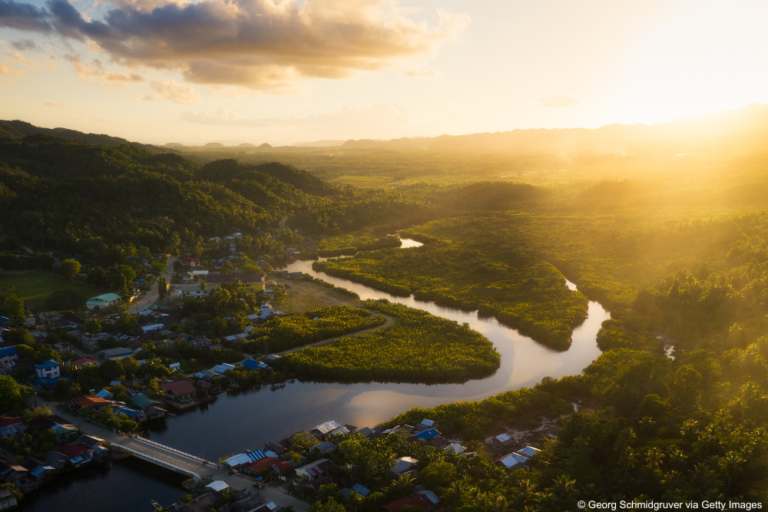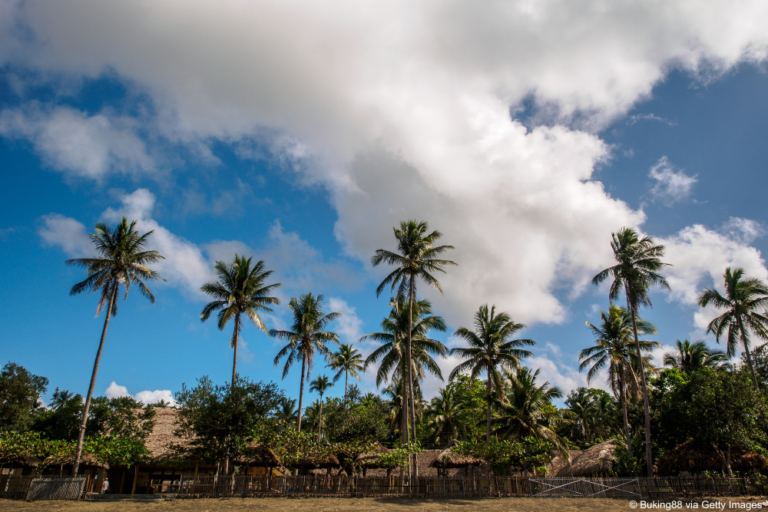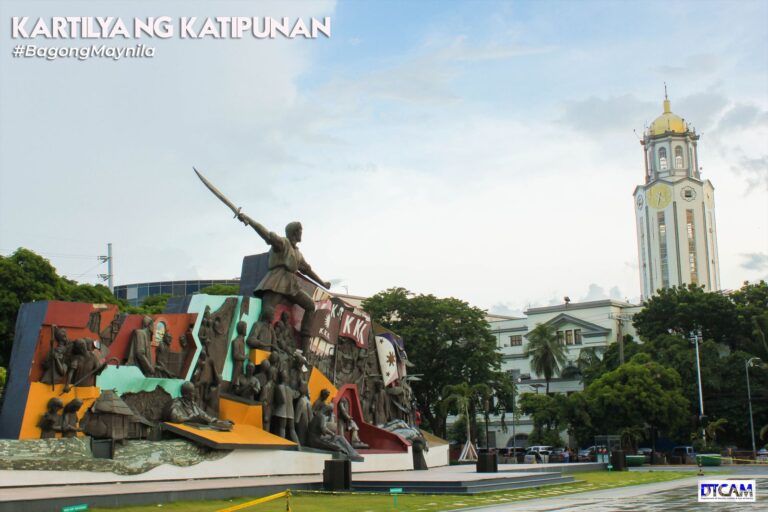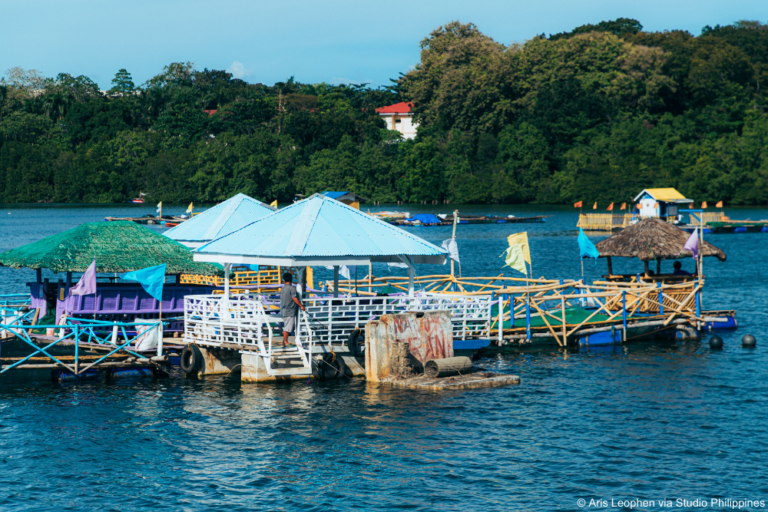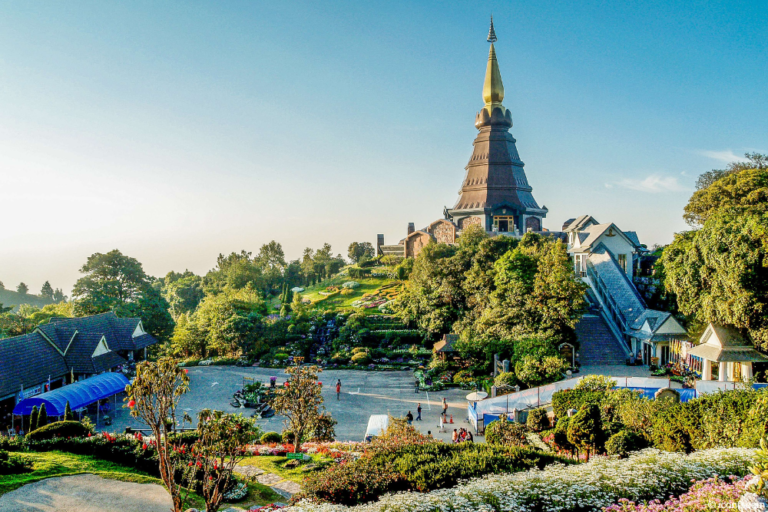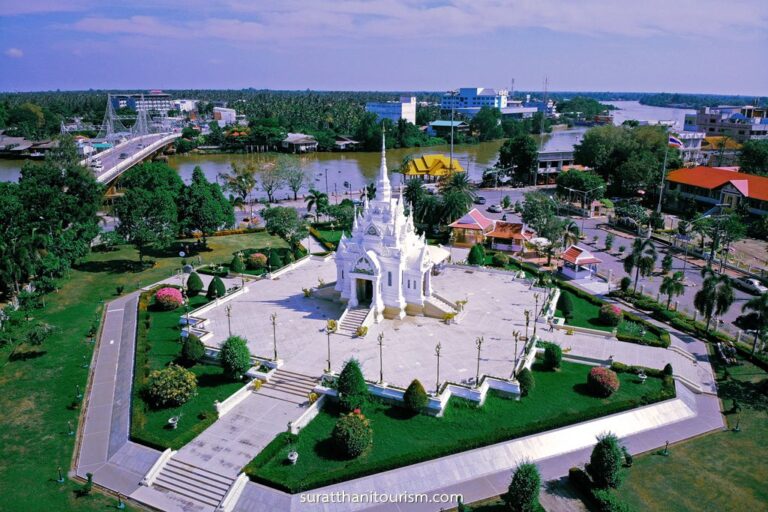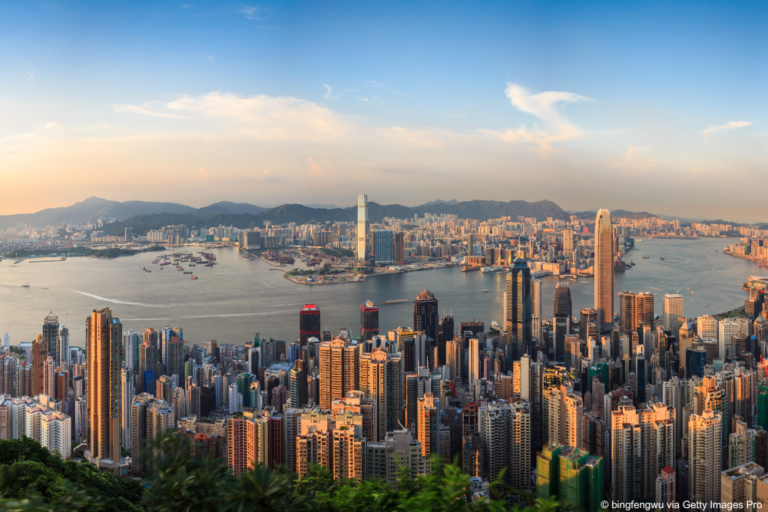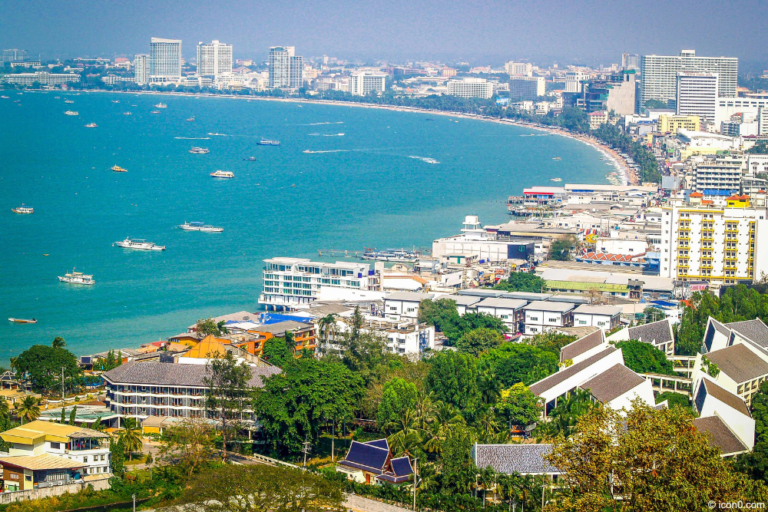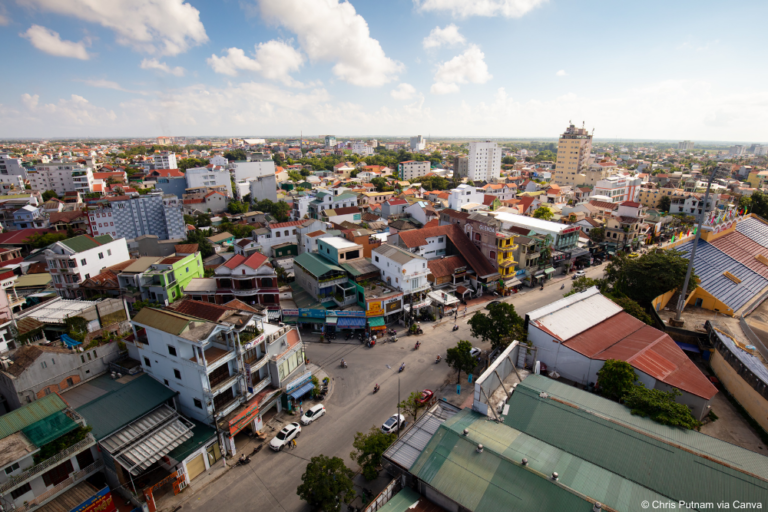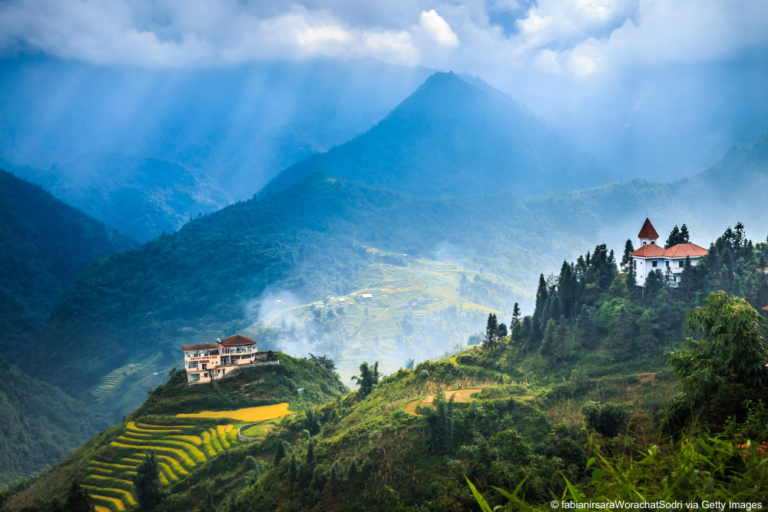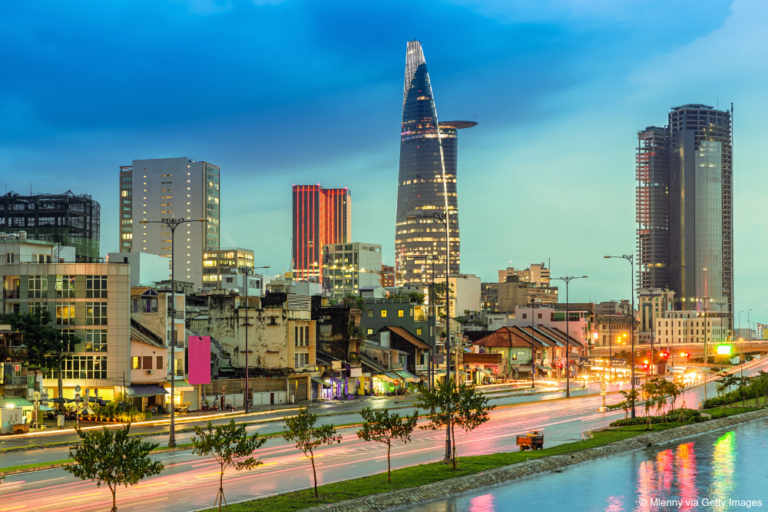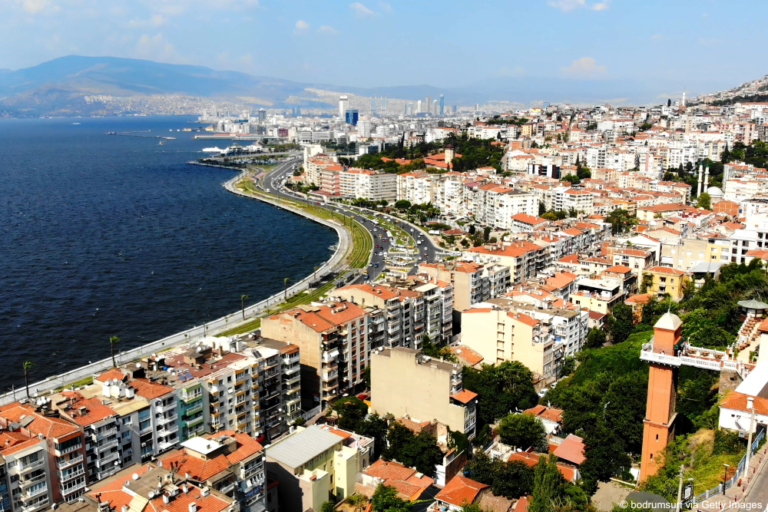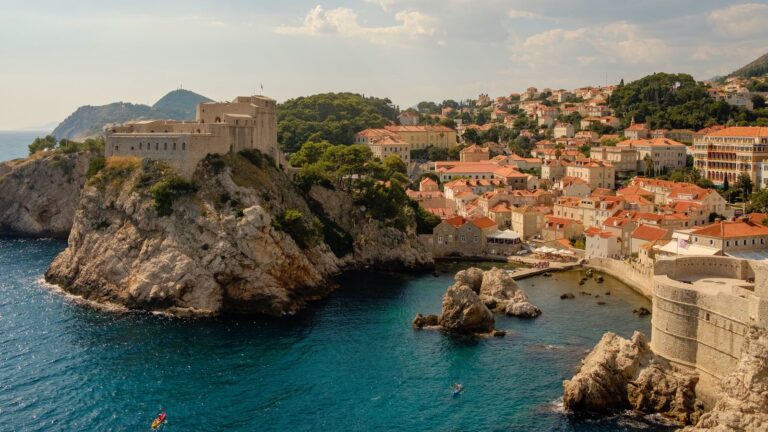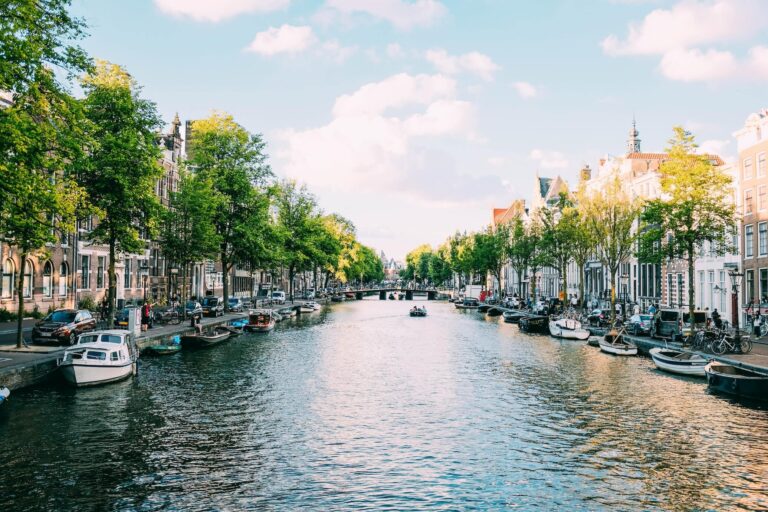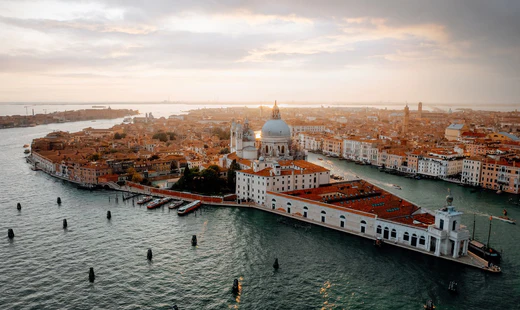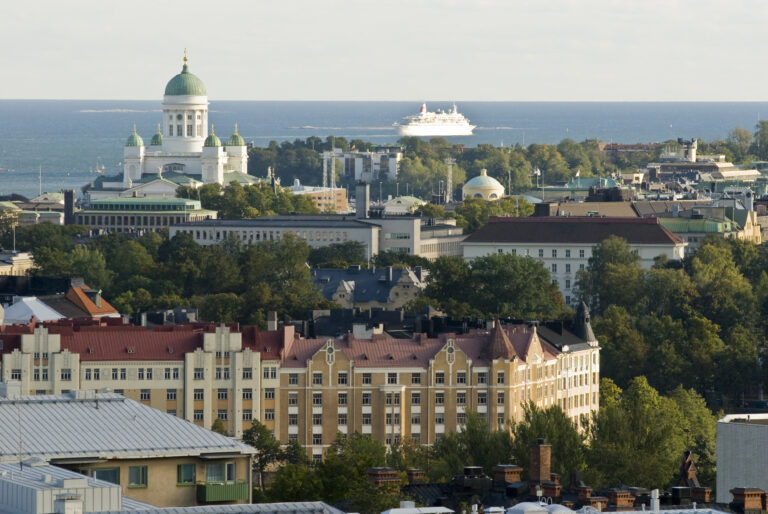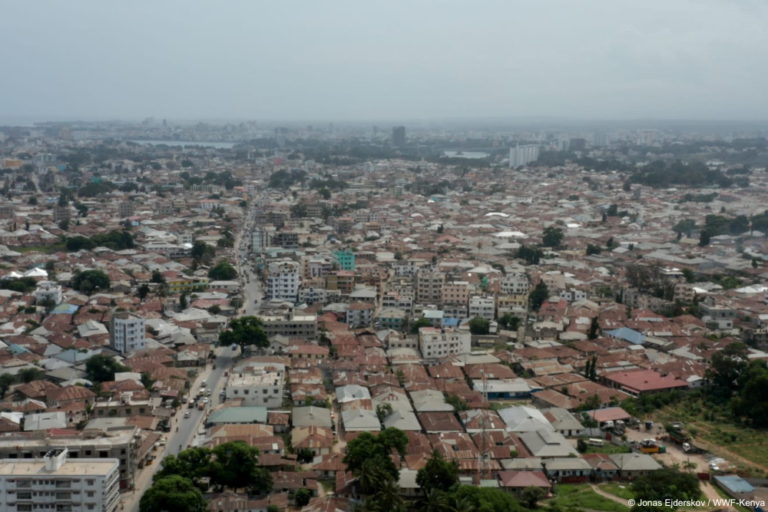Mombasa City, the second largest city in Kenya, is a vibrant and historically significant destination located on the southeastern coast of the country. Situated along the western shore of the Indian Ocean Mombasa City offers a captivating blend of history, culture, and natural beauty.
Mombasa City’s rich history is influenced by Arab, Persian, Portuguese, and British cultures. This diverse heritage is showcased through its architecture, cuisine, and traditions. One of the city’s most prominent landmarks is Fort Jesus, constructed in the 16th century by the Portuguese. This well-preserved military fortification is recognized as a UNESCO World Heritage Site and serves as a testament to Mombasa’s historical significance.
Mombasa City’s bustling seaport is the largest in East Africa, which has contributed to Mombasa City’s growth and development, attracting businesses and boosting the local economy. Mombasa City is also a popular tourist destination and known for its manufacturing industry, with several factories and industrial zones located in and around the city.
However , like many urban areas around the world, Mombasa faces significant challenges related to pollution and waste management. The city’s main plastic challenges include plastic pollution, improper waste management, and the lack of effective recycling systems. The City joined WWF Plastic Smart Cities initiative in 2022, demonstrating its commitment to addressing plastic pollution and promoting sustainability. Through this initiative, Mombasa aims to collaborate with international organizations, NGOs, and local stakeholders to develop effective strategies and action plans for plastic pollution.
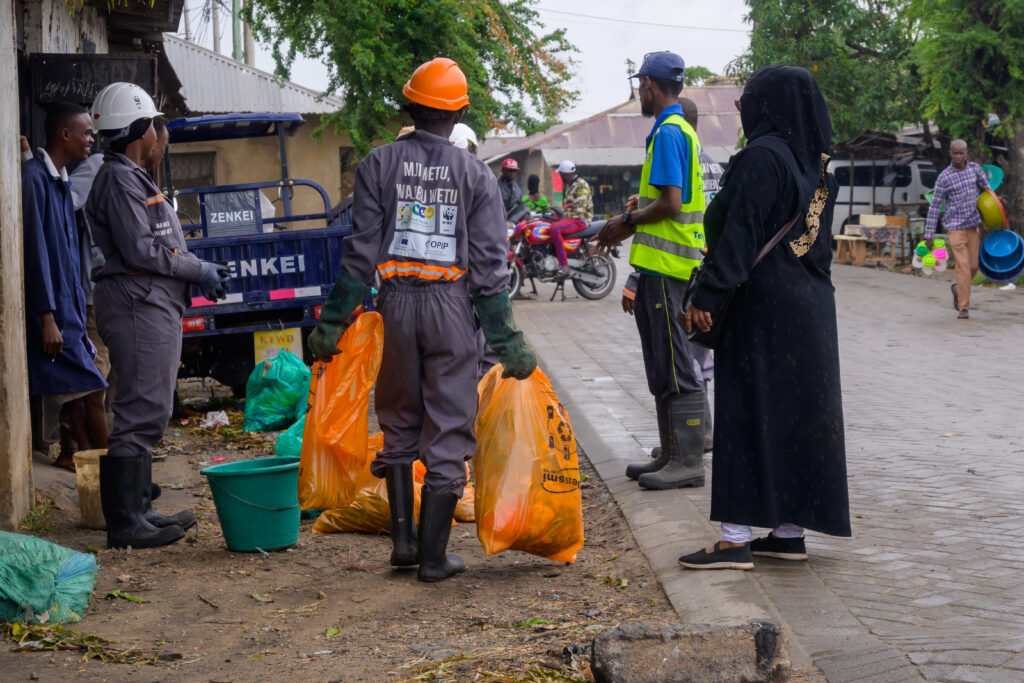
Mombasa is one of the pioneer cities to enact the Sustainable Waste Management Act 2021, which established a robust legal and institutional framework for sustainable management of waste by promoting progressive requirements such as segregation of waste at source that enhance recovery of recyclables and incorporation of circular economy principles.
Mombasa Plastics Technical Working Group, a multi-stakeholder forum under the auspices of the Department of Environment, Waste Management and Energy of the County Government of Mombasa. The technical working group holds annual sector dialogues to take stock of the progress within the work plan curbing replication of efforts by stakeholders and strike synergies in efforts towards plastic pollution solutions.
The county government of Mombasa has taken deliberate actions to close illegal dumpsites in different areas of the city and in is in the process of establishing material recovery facilities for sorting recyclable packaging and other products through a public-private partnership arrangement.
The city has established a sustainable waste collection system through the registration of all the waste collectors in the different sub counties acquiring an updated database for the current waste service providers within the county of the city that ensures accountability.
Through partnerships with other stakeholders including WWF-Kenya, PETCO Kenya, and Kenya Wildlife Service the county Government has installed plastic collection points in different public beaches in Mombasa that are managed and serviced by Beach Management Groups. For over one year since Mombasa signed up to the PSC forum, more than 200 tons of plastic have been collected and recycled through WWF-Kenya’s interventions.
WWF-Kenya is implementing a waste segregation pilot project to promote sustainable waste management and support the pre-feasibility study undertaken by Clean Oceans Project Identification and Preparation (COPIP), with support from the European Investment Bank. The project commenced in late 2023 but was officially launched on 28 March 2024.
- Established 87 recycling stations for agriculture plastic mulching film (Recovery Rate: 90.5%)
- Set 1457 recycling stationsnodes in Supply & Marketing Cooperative networks
- Recycled 2000 tons of fishing nets and gear.
- Upgraded source-separation systems, including 60 recycling centres and four centralised facilities.
Explore More Cities
KENYA | MOMBASA
Through partnerships with other stakeholders including WWF-Kenya, PETCO Kenya, and Kenya Wildlife Service the county Government has installed plastic collection points in different public beaches in Mombasa that are managed and serviced by Beach Management Groups

CITY: MOMBASA
COUNTRY: KENYA
POPULATION: 1,208,333
JOINED: 2022
SIGNED DECLARATION: June, 2022
GOVERNOR: Abduswamad Shariff Nassir
CITY CONTACT: Rodgers Nato, Ag, Deputy Director of Solid Waste Management
OFFICIAL WEBSITE: http://mombasa.go.ke/
Mombasa City, the second largest city in Kenya, is a vibrant and historically significant destination located on the southeastern coast of the country. Situated along the western shore of the Indian Ocean Mombasa City offers a captivating blend of history, culture, and natural beauty.
Mombasa City's rich history is influenced by Arab, Persian, Portuguese, and British cultures. This diverse heritage is showcased through its architecture, cuisine, and traditions. One of the city's most prominent landmarks is Fort Jesus, constructed in the 16th century by the Portuguese. This well-preserved military fortification is recognized as a UNESCO World Heritage Site and serves as a testament to Mombasa's historical significance.
Mombasa City’s bustling seaport is the largest in East Africa, which has contributed to Mombasa City's growth and development, attracting businesses and boosting the local economy. Mombasa City is also a popular tourist destination and known for its manufacturing industry, with several factories and industrial zones located in and around the city.
However , like many urban areas around the world, Mombasa faces significant challenges related to pollution and waste management. The city's main plastic challenges include plastic pollution, improper waste management, and the lack of effective recycling systems. The City joined WWF Plastic Smart Cities initiative in 2022, demonstrating its commitment to addressing plastic pollution and promoting sustainability. Through this initiative, Mombasa aims to collaborate with international organizations, NGOs, and local stakeholders to develop effective strategies and action plans for plastic pollution.
Mombasa is one of the pioneer cities to enact the Sustainable Waste Management Act 2021, which established a robust legal and institutional framework for sustainable management of waste by promoting progressive requirements such as segregation of waste at source that enhance recovery of recyclables and incorporation of circular economy principles.
Mombasa Plastics Technical Working Group, a multi-stakeholder forum under the auspices of the Department of Environment, Waste Management and Energy of the County Government of Mombasa. The technical working group holds annual sector dialogues to take stock of the progress within the work plan curbing replication of efforts by stakeholders and strike synergies in efforts towards plastic pollution solutions.
The county government of Mombasa has taken deliberate actions to close illegal dumpsites in different areas of the city and in is in the process of establishing material recovery facilities for sorting recyclable packaging and other products through a public-private partnership arrangement.
The city has established a sustainable waste collection system through the registration of all the waste collectors in the different sub counties acquiring an updated database for the current waste service providers within the county of the city that ensures accountability.
Through partnerships with other stakeholders including WWF-Kenya, PETCO Kenya, and Kenya Wildlife Service the county Government has installed plastic collection points in different public beaches in Mombasa that are managed and serviced by Beach Management Groups. For over one year since Mombasa signed up to the PSC forum, more than 200 tons of plastic have been collected and recycled through WWF-Kenya’s interventions.
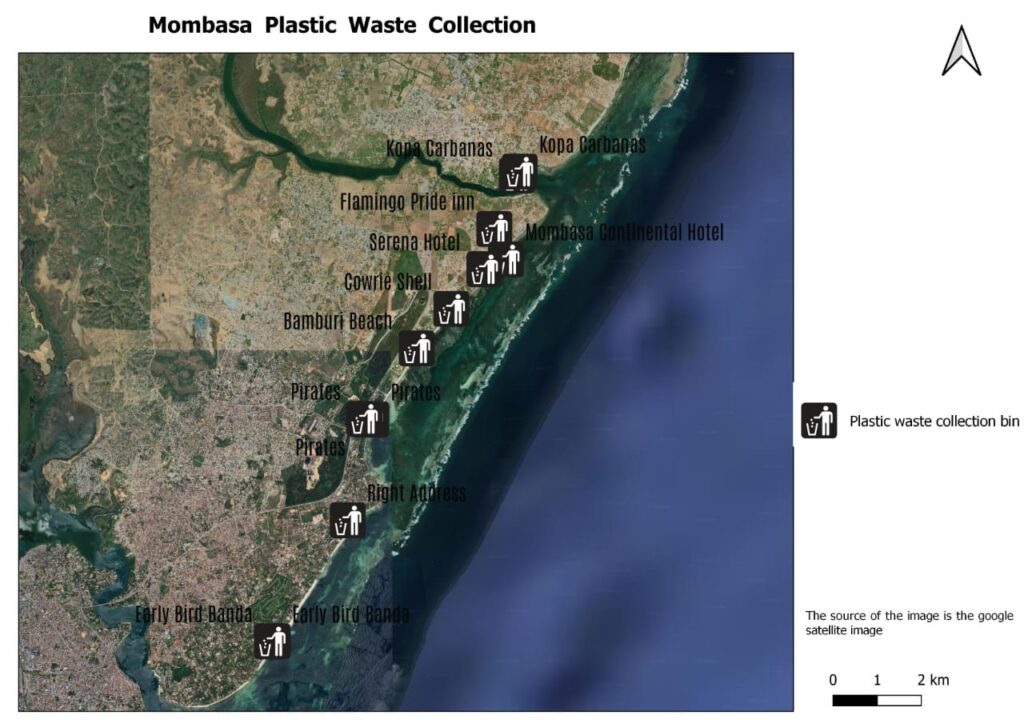
Explore other Plastic Smart Cities in Africa
Geocoding Error Occured.
Tried to Geocode:
Error Type:
Please be sure to follow the tutorial on how to setup the Google APIs required for the Advanced Google Map Widget.
Google Map API Key Tutorial
